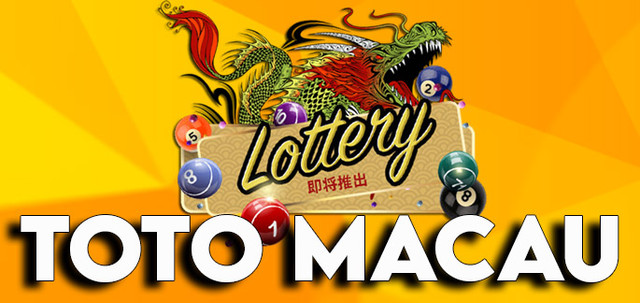Lotteries, those tantalizing games of chance that promise life-altering riches, have captured the imagination of people around the globe for centuries. These games, often thought of as a gateway to financial freedom, have become a cultural phenomenon, shaping dreams and aspirations. The concept of a live draw toto macau dates back to ancient civilizations, where lucky individuals were bestowed with valuable prizes through a system of luck-driven selection.
In modern times, lotteries have evolved into sophisticated, government-regulated systems that generate substantial revenue for various public projects. The allure lies in the prospect of transforming a modest investment into astronomical winnings, making dreams of luxurious lifestyles, debt-free existences, and philanthropic endeavors seem attainable. However, the odds of securing a jackpot are often astronomically low, causing some to argue that lotteries exploit hope and financial vulnerabilities.
Critics point out that while lotteries promise prosperity, they can lead to financial ruin for those who become compulsive gamblers, spending more than they can afford in pursuit of the elusive jackpot. On the other hand, proponents argue that lotteries provide entertainment, contribute to public services, and occasionally change the lives of lucky winners in profound ways.
The psychology behind participating in lotteries is complex. The act of buying a ticket symbolizes not only a chance at wealth but also a brief respite from the challenges of daily life. The fantasies of a new reality that a jackpot could provide serve as an escape from routine struggles, even if only temporarily.
Despite the controversy surrounding them, lotteries remain an integral part of the modern world. The advent of online platforms has expanded their reach, enabling people from diverse corners of the globe to participate in international draws and experience the thrill of anticipation. Interestingly, some studies suggest that the act of buying a ticket can activate the same pleasure centers in the brain as other forms of entertainment.


